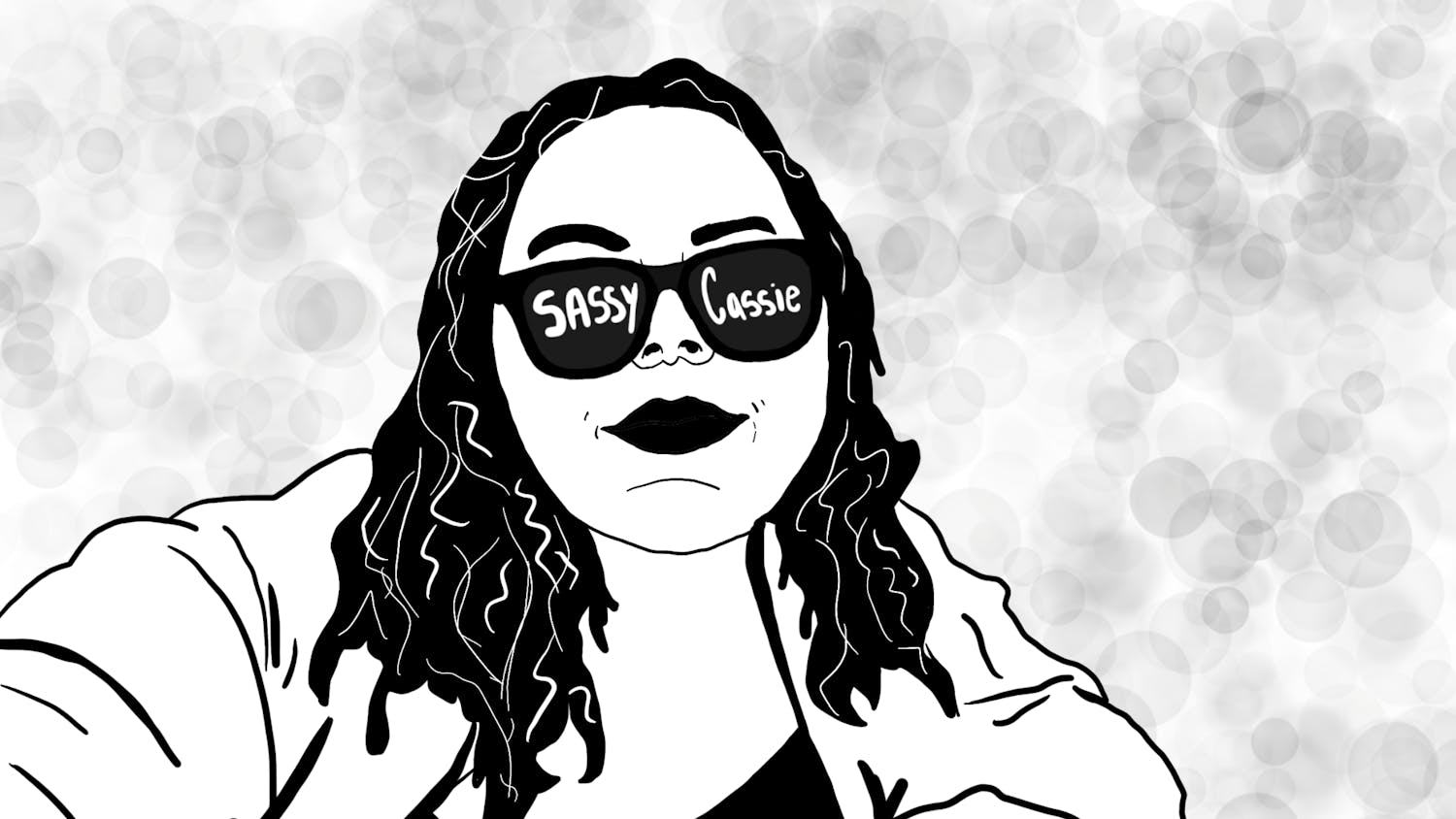We have all seen the negative celebrity news over the past year: Shane Dawson is canceled. David Dobrik is canceled. Ellen DeGeneres has even been canceled. It seems as though someone new is getting canceled everyday for past actions, conversations and even tweets.
Urban Dictionary defines the term canceled as the dismissal of something or somebody. This “cancellation” is usually magnified, as it reaches social media and even news publications based on the severity and the celebrity. Repercussions of this cancel culture can range from losing followers to losing sponsorships from businesses and even getting fired from projects.
While some may argue that social media users may take this calling out of celebrities too far, it might be needed in some cases to hold celebrities and other public figures accountable.
One of the biggest celebrities that has been a recent victim of cancel culture is “The Tonight Show” host Jimmy Fallon. Last year, Fallon apologized to the public after wearing blackface on an old “Saturday Night Live” sketch that had gone viral. In the sketch, he was impersonating fellow comedian Chris Rock. His apology featured on the show was following the protests from the Black Lives Matter movement following the murder of George Floyd.
“We can’t say, ‘Be the change,’ and just sit around tweeting, ‘Be the change, be the change’,” he said in his apology on the show. “What is the change? How do I change? How do I do it? What do I do?”
It might have taken public scrutiny to get Fallon to see the error of his ways, but his apology did seem sincere. Calling someone out publicly may seem extreme, but sometimes it is needed in order for people to take accountability for past actions. The SNL skit that Fallon took place in was over 20 years old. Had it not gone viral on social media again, he would have never acknowledged the severity of his actions and believed it was comedy.
Although some celebrities like Fallon take the time to apologize and recognize their past mistakes, others either don’t acknowledge the hate or even contribute to it.
Harry Potter author J.K. Rowling was one of many celebrities that contributed and even fed into cancel culture. In 2019, Rowling tweeted a transphobic comment in support of a British researcher that has been known to make transphobic comments.
“Dress however you please,” the author tweeted. “Call yourself whatever you like. Sleep with any consenting adult who’ll have you. Live your best life in peace and security. But force women out of their jobs for stating that sex is real?”
If this had been an isolated incident, Rowling might have been able to apologize and not received a lot more backlash. However, Rowling has had a history of liking transphobic tweets and articles on social media.
Without the major backlash from fans, Rowling may have never had to publicly acknowledge her actions. They would have just been brushed under the rug like many celebrities’ actions. We may never know if she feels bad about what she said because she’s never come out and apologized, but at least she faced the social repercussions from her vicious tweets.
Some could argue that cancel culture infringes on free speech. Many could argue that cancel culture goes too far in trying to call these people out. However, we are finally keeping these celebrities and other public figures responsible for their wrong doings.
We need to keep holding people accountable. We can’t be scared of mentioning an offensive or upsetting mistake to powerful people any longer. Otherwise, they will be able to get away with anything.
Hannah Campbell is a freshman studying journalism at Ohio University. Please note that the views and opinions of the columnists do not reflect those of The Post. Do you agree? Tell Hannah by tweeting her at @hannahcmpbell.






